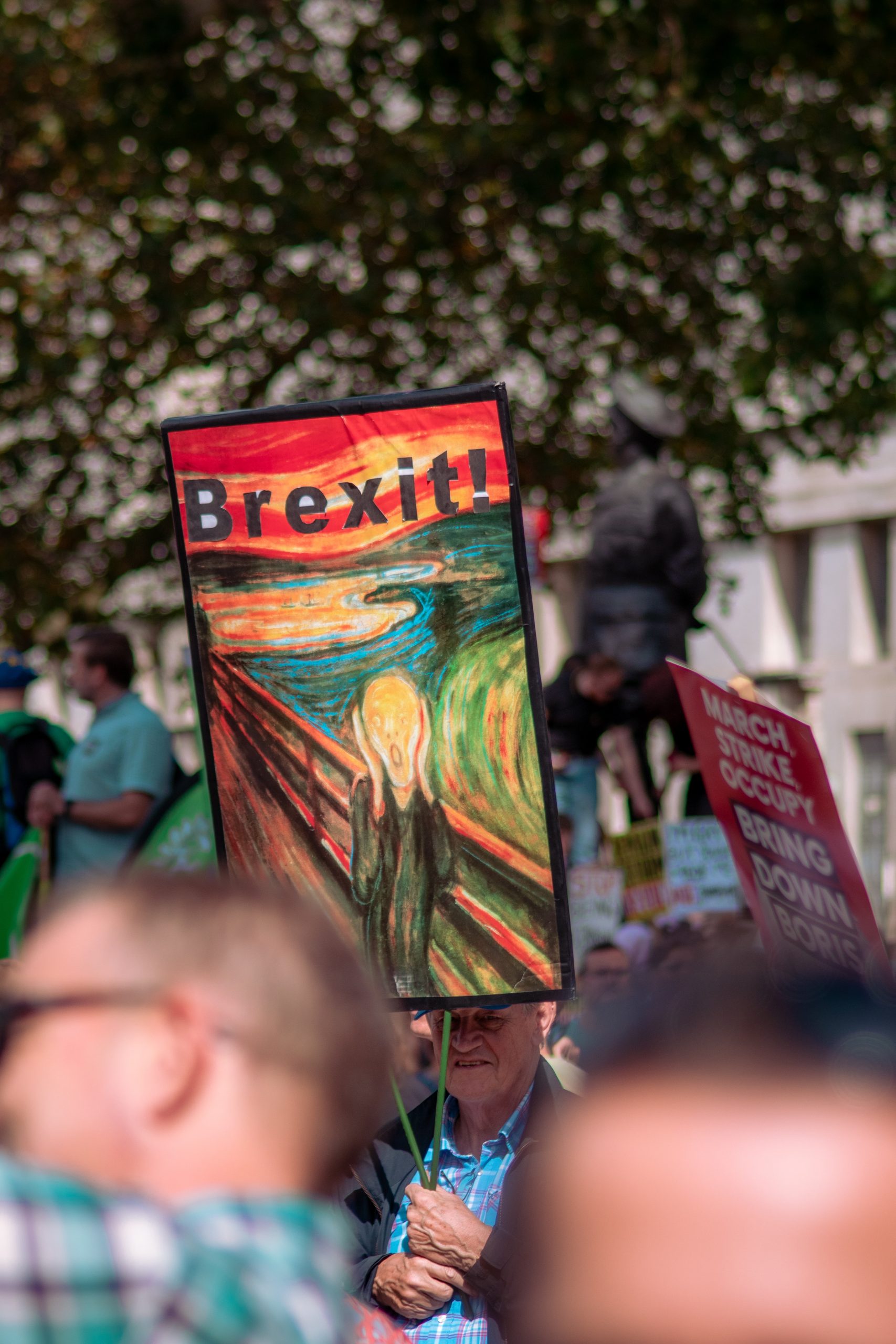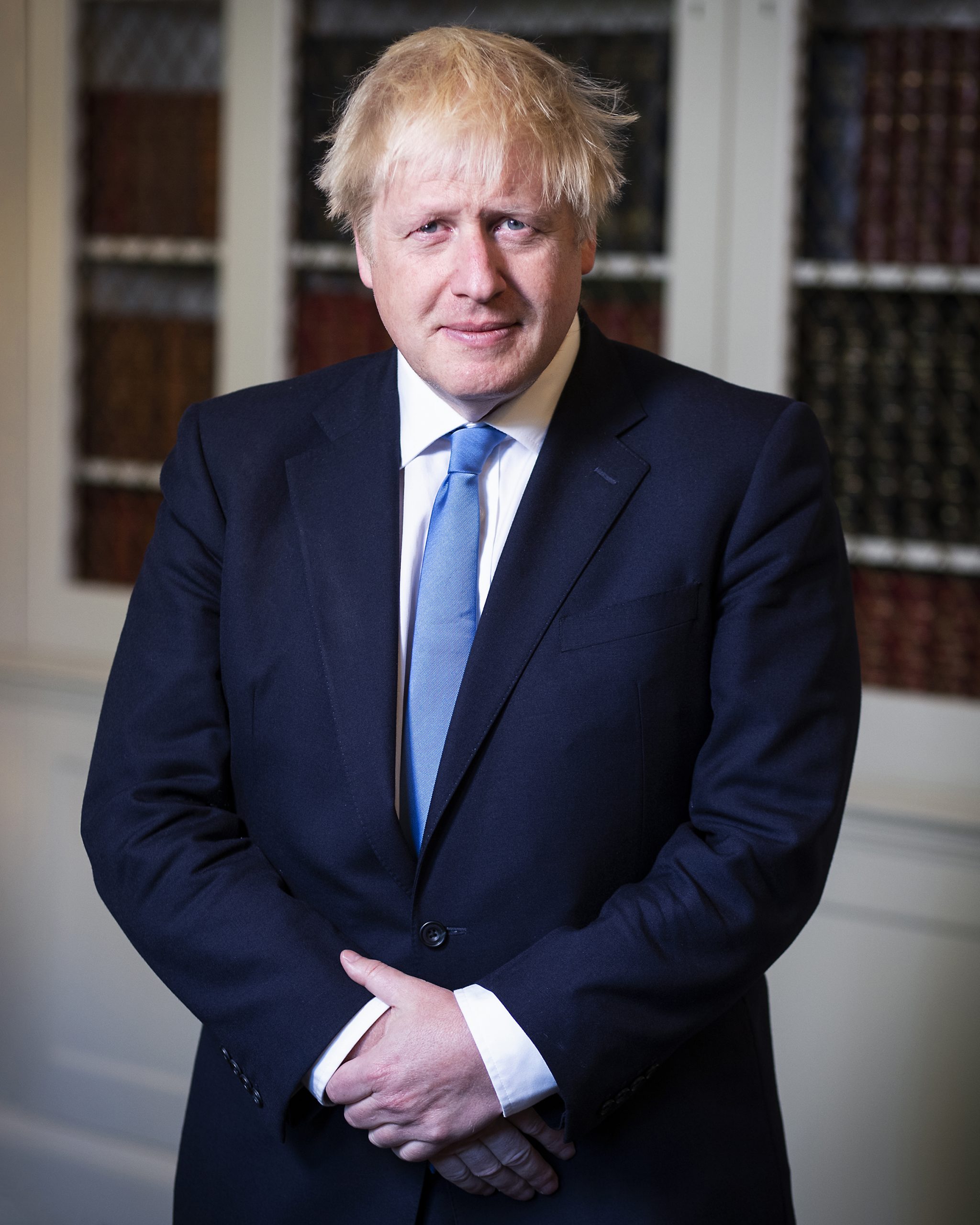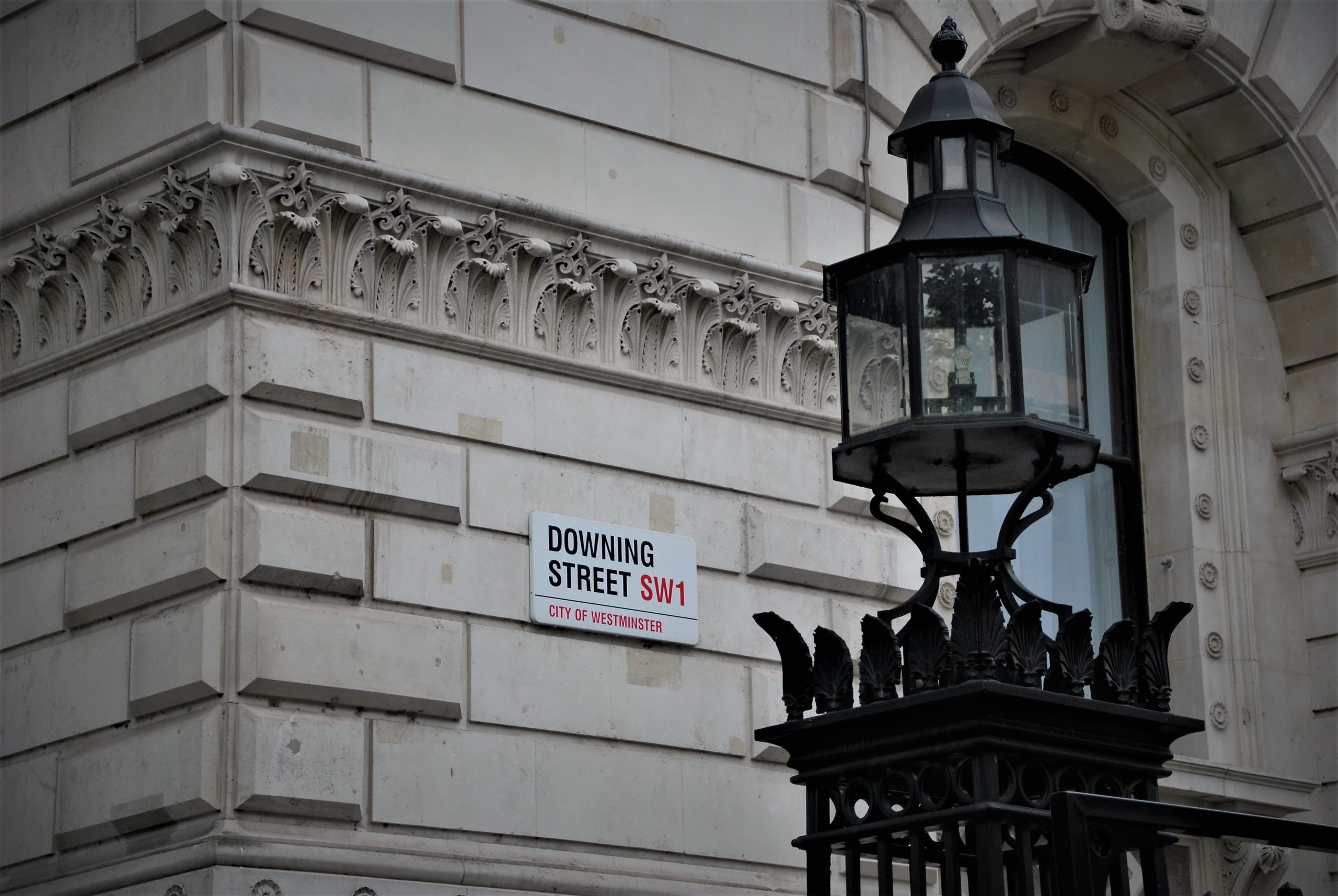Nobody expected London to just slam the door and leave the EU
VICTOR LOUPAN, Head of the Editorial Board
The British have long been famous for their extravagance. If you compare their manners and customs with the manners and customs of other Western Europeans, you will notice small differences. Left-hand traffic is just one of the clearest examples of such differences. English men’s fashion is considered as an epitome of good taste and moderate elegance, despite the fact that jackets sewn in the Savile Row look like they are inherited from your younger brother.

Generally, the British never considered themselves as Europeans. In the manner typical of true islanders, they always spoke of Europe as a “continent” or the “mainland”, far from which they, the British, live. Which they abstract themselves from, if not completely, then “sufficiently”. The fact that hotels usually offer us two types of breakfast – “continental” and “English” – is a light culinary echo of this fundamental stylistic difference.
Prior to the sensational reign of King Henry VIII, with his six wives and innumerable mistresses, England was under the cultural influence of the Latin continental world. From a religious point of view, it was due to belonging to the Roman Catholic Church with its mass and education in the Latin language. But at the cultural level it was because of the powerful influence of France, the closest neighbor and historical enemy.
Henry VIII, breaking with the Roman Catholic Church in 1529 due to disagreements arising from unacceptable aspects of his intimate life, broke, in fact, with the Catholic world. This conflict gave rise to the remarkable and tragic character of Thomas More, a victim of the royal bloody tyranny and later a Catholic saint.
But long before that break, during the period of the Protestant Reformation, England had been at war in France for more than a hundred years because of “dynastic” controversies. The notable Hundred Years’ War actually lasted 116 years (1337-1453). This conflict being the longest one in the history of Europe gave rise to the heroic figure of the young liberator Jeanne d’Arc, who was burned by the British at the stake following the verdict of the tribunal of the Catholic Church. The Church repented and sanctified her after a long time.
It is also interesting, that later Thomas More (1478-1535) began to be considered, along with the Italian philosopher Tommaso Campanella (1568-1639), as the forerunner of the idea of Communism – as a utopia, yes, but a perfect utopia! In the second part of his work “Utopia” (which literally means “a place that does not exist”) Thomas More described the prototype of the Communist structure of society. And Campanella followed and developed the More’s ideas in the most significant of his works, “City of the Sun”. There is no private property in the City of the Sun, the family has been abolished, children are educated by the society, there is complete unification in clothing, everyday life, and behaviour. Absolutely everything is regulated by the society or the government headed by a ruler named the Sun or Metaphysician. It reminds us of something similar, doesn’t it?

In contrast, Jeanne d’Arc embodied popular opposition to the invaders. Not only Shakespeare or Voltaire wrote about her, but also Mark Twain, Anatole France, and Bernard Shaw. The latter, although being an Englishman, dedicated a work to her called “Saint Joan”. It is interesting now, that Jeanne is recognised as a heroine by both the ultra-leftists (feminists, fighters for national liberation) and the far-rightists, such as Le Pen.
Subsequently, the British Empire will become a stronghold of the fight against the French Revolution and its metastases. Representatives of the French aristocracy and other “activists from reactionary circles” who miraculously escaped beheading would find refuge in England.
The same, but for different reasons, was done by General De Gaulle in 1940, when England was the only European country not enslaved by Nazi Germany.
This brief historical excursion suggests that England has always been a kind of alternative for the passions that had been constantly overwhelming the European continent. Centuries-old English democracy, the well-known English tolerance, English elegance, and English humor have always influenced speculation of certain European elite circles. These people were miscalled “snobs” and “Anglomaniacs”, but they continued to live and influence the European society. They have had and still have a very wide range of idols, from Oscar Wilde to The Beatles to Monty Python.
Unlike French or German ones, English cultural influence on Europe is not pompously elite. The English had neither Voltaire, nor Heidegger, nor Bach, nor Gothic, nor Renaissance. All this, of course, influenced them. But after the fact! Apparently, this is also why English culture has retained its amazing originality without breaking with the European continental genius.
I could not avoid to mention here the amazing Grand Tour (“Le Grand Tour” in French, as used by the British without translation), a “great journey” undertaken by young people from wealthy aristocratic and bourgeois families for educational and cultural purposes in the 18th and 19th centuries. The routes of those trips being very popular in England often lasted several years and ran mainly through France and Italy, less often through Spain, and sometimes reached the Holy Places, that is, Palestine. The Grand Tour was, in general, the final stage in raising and educating young men. Young ladies were much less common there. They chose the most significant cities for that purpose, where they could most satisfactorily make themselves aware of the masterpieces of architecture, sculpture, and painting from the times of antiquity, the Middle Ages, and the Renaissance. Natural sights such as the Alps, valleys, or the Mediterranean landscapes in the south of France and Italy were not stranger to them too. Thus, the highest-class educated Englishmen, as it were, had been introduced to beauty across the generations.
When France, Germany and Italy began to contemplate creating a united European community, they quickly attracted the Benelux countries (Belgium, the Netherlands and Luxembourg) without even thinking about Great Britain. De Gaulle, although being extremely grateful to the British for the fact that they sheltered himself and the Resistance members during the war years, completely denied the possibility of Britain joining the European Community. And he was right, because Great Britain unilaterally refused to join the Treaty of Rome, which laid the foundation for the European Economic Community (EEC). This happened back in 1957. Changing its mind, however, Great Britain applied for membership twice, in 1963 and 1967, but French President de Gaulle used his veto power each time and rejected the British candidacy. De Gaulle retired in 1969 and died in 1970.
In 1973 Great Britain finally joined the EU. But in 1974, the Conservative government led by Edward Heath was defeated in the elections. But the victorious Labour Party led by Prime Minister Harold Wilson immediately rushed to renegotiate the conditions for UK membership of the EEC and organise the first membership referendum. So, the first referendum challenging Britain’s further EEC membership was held back in 1975. Voters then voted against withdrawing, but as a result the Labour Party split into two opposing camps, with a 2:1 ratio in favour of withdrawing.

This single example shows that UK membership of the European Union was problematic from the outset. And it has always remained problematic. Probably, many people still remember the cries of Margaret Thatcher: “I want my money back!”
So, despite the constant tension, especially between the UK and Germany, strangely enough, nobody expected London to just slam the door and leave the EU. Therefore, the result of the consultative referendum held on June 23, 2016, which served as the basis for the withdrawal, so dumbfounded everyone that no one could recover for a long time. The British themselves, especially residents of large cities, were simply shocked by what happened. After waiting for almost a year, the UK government nevertheless initiated the withdrawal procedure on March 29, 2017, “in accordance with Article 50 of the Treaty on European Union”. Initially, the formal exit from the EU was supposed to take place exactly two years later: on March 29, 2019, at 23:00 GMT. But then such frictions, maneuvers and dirty squabbles began where everyone fought with everyone, that the withdrawal date was extended until October. But the agreement was not reached by that deadline. Finally, the UK membership of the EU which had lasted since 1973, had ended at midnight from January 31 to February 1, 2020.
The unthinkable thing has happened! The European Union, which had only expanded and expanded before that, suddenly lost one of its most important members. And it was its exclusion not for a misdemeanor, but upon the latter’s own request. Prior to this, European propaganda tirelessly asserted that EU membership is the dream of every European.
The manifestation of maximalism on the part of Brussels was especially surprising. It began to impose incredible conditions on London, they say, “all or nothing”. But over time, all of this began deflating, and ardor began to fade. And it turned out that the EU needed a good deal more than the UK, because Boris Johnson was ready to accept a no deal solution too.
Is Brexit good or not good for the UK? In fact, what did it change in the lives of ordinary citizens? There is no answer to this question yet. Because the Coronavirus has arrived! The economy stopped or slowed down significantly, people stopped moving between the countries. But we still aware of the best and the most important outcome: the visa-free regime did not change.
Great Britain is a great maritime power. That is why, in conclusion, I would like to send it a kind naval message: “A great ship requires great sailing!”




